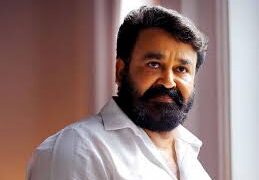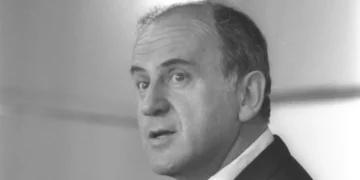Mourning Zakir Hussain: His journey—from wanting to flee home to re-imagining the tabla—shows how dreams and struggles forge greatness.
With the passing of Ustad Zakir Hussain, the world bids farewell to a maestro who redefined the tabla and brought Indian classical music to global prominence. Amid the tributes pouring in for the virtuoso, a throwback to his own words offers a glimpse into the lesser-known struggles of his early years—including a moment when he considered running away from home.
In a candid 1998 interview with Simi Garewal, Zakir Hussain revealed that his mother, Bavi Begum, had envisioned a different path for him—one away from the tabla. “At my time, when we were very young, music was still not considered to be something you can make a decent living at,” he explained. His mother, having seen the hardships associated with a musician’s life, was resolute in ensuring her son pursued academics to secure a stable future. “She really tried hard to make sure that I studied and focused on being able to have something to fall back on,” the maestro recounted.
Yet, Zakir’s love for music wasn’t without conflict. One particularly poignant memory from his childhood paints a picture of his struggle. Feeling disheartened by his mother’s insistence on prioritizing education over music, he plotted an escape. A woman working in their household, whom he fondly referred to as Pujaran, became his unlikely confidante in this plan. “I told her, ‘You sing, I will play, we will make a living.’ I packed my school bags and was ready to go,” he reminisced. Ultimately, he stayed. “What I needed was there: my father, my teacher,” Zakir admitted, acknowledging the deep roots that bound him to his family and art.
For Zakir, music was not just a passion but a calling. Growing up in the shadow of his illustrious father, Ustad Alla Rakha, he idolised the tabla legend and was captivated by the rhythm and reverberations of the instrument. Even as a boy, Zakir was eager to follow in his father’s footsteps, often taking bold steps to promote himself. He recalled reading letters addressed to his father and cheekily responding, “He is not available, but his son is good enough.” However, his youthful enthusiasm occasionally led to disappointment. “Many times, I arrived at the train station and they passed me by. They expected someone older, and there I was, sometimes in school shorts,” he shared with a chuckle.
Despite his devotion to music, Zakir was not immune to the allure of modernity. “I wanted to wear jeans, I wanted to be a rock and roll star. I wanted to make a million dollars. I walked around the streets of Bombay with a boombox on my shoulder, listening to Doors and Beatles and what not. I thought that was the way to go, make a lot of money and be famous very quickly,” he once said. However, the reality of life as an aspiring musician abroad was starkly different. “But when I got there, there was a whole different world altogether. I was living on 25 dollars a week, making one vegetable curry pot, heating it up every day and eating it with bread. Very tough times,” he admitted further revealing that his journey wasn’t exactly easy.
“First of all, Indian classical music at one time was a second-class profession. And in that second-class profession, the tabla player was even lower on the ladder. At times, you didn’t even know who was the tabla player on the record. I was playing with musicians who would not be known, and I would be the known person, but then I would have to give in because I was an accompanist and I had to take much less,” he had shared.
Zakir’s story is a testament to the resilience of dreams and the delicate balance between tradition and modernity. Though he briefly considered running away, he instead chose to run toward greatness, carrying forward his father’s legacy while carving out his own unique rhythm in the world of music. The maestro’s life will continue to inspire generations to dream, persevere, and create.
































